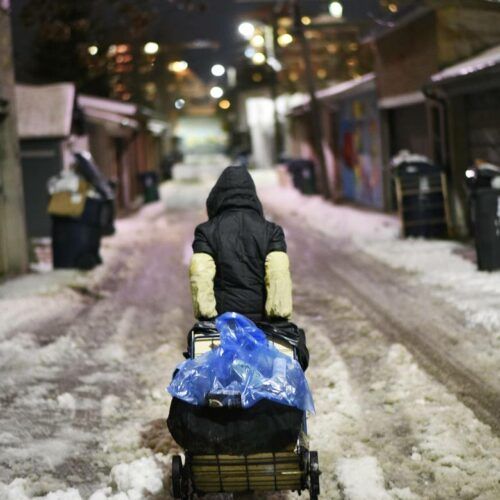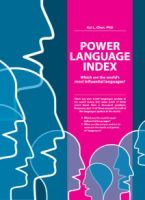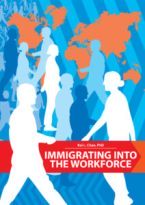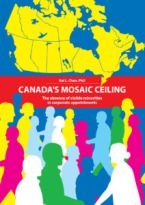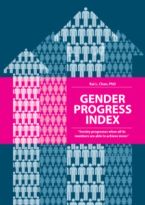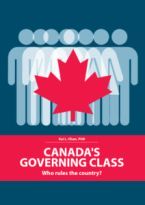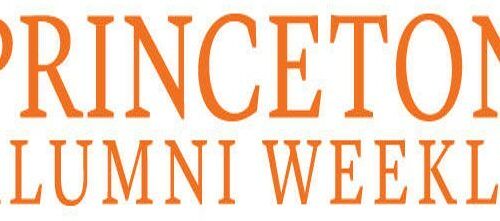
Princeton Alumni Weekly (April 12, 2017) IN RESPONSE TO: WHEN LANGUAGE IS MORE THAN WORDS I was happy to see that PAW’s Jan. 11 edition was dedicated to languages. In a globalized world and in multicultural societies, knowledge of languages helps to facilitate communication and bring us closer together. In my work as a researcher with the INSEAD business school, I recently developed the Power Language Index (based on 20 indicators covering five opportunities afforded by language) as a means to measure the efficacy of languages. Not surprisingly, English is (by far) the most powerful language. Mandarin, French, Spanish, and Arabic round out the top five. In a world where we are losing languages — and with it culture — it is important to remind people of humanity’s linguistic dividend and the need to preserve our tongues. Moreover, given the political climate where there is backlash (by some) against those for not speaking English in America, it should be reminded that although English is the most powerful language in our era, true power comes to those who learn a second (or third) language. Kai L. Chan *08 Dubai, United Arab Emirates © 2017 The Trustees of Princeton University Letter as it appeared…

 Letter to the Financial Times (April 11, 2018) From Kai L. Chan, Montreal, Canada Sir, Standing up for American interests and actually improving the lives of Americans are different things. The heterodox economics espoused by Peter Navarro (Opinion, April 9) are reminiscent of the mercantilism that held sway in the 16th century. The “help” that Mr Navarro and Donald Trump are pushing forth in the trade dispute with China are more likely than not to be welfare decreasing for the whole world. A similar kind of help, likewise from another Asian rival in the 1980s, came when the US government pressured Japan to impose voluntary export restraints on their car manufacturers. That led to unambiguous welfare gains to Japan at the cost of Americans, even as politicians thought they had done a favour for the American people. Kai L. Chan Montreal, Canada Copyright The Financial Times Limited 2018. All rights reserved. Letter as it appeared in the FT.
Letter to the Financial Times (April 11, 2018) From Kai L. Chan, Montreal, Canada Sir, Standing up for American interests and actually improving the lives of Americans are different things. The heterodox economics espoused by Peter Navarro (Opinion, April 9) are reminiscent of the mercantilism that held sway in the 16th century. The “help” that Mr Navarro and Donald Trump are pushing forth in the trade dispute with China are more likely than not to be welfare decreasing for the whole world. A similar kind of help, likewise from another Asian rival in the 1980s, came when the US government pressured Japan to impose voluntary export restraints on their car manufacturers. That led to unambiguous welfare gains to Japan at the cost of Americans, even as politicians thought they had done a favour for the American people. Kai L. Chan Montreal, Canada Copyright The Financial Times Limited 2018. All rights reserved. Letter as it appeared in the FT. 

